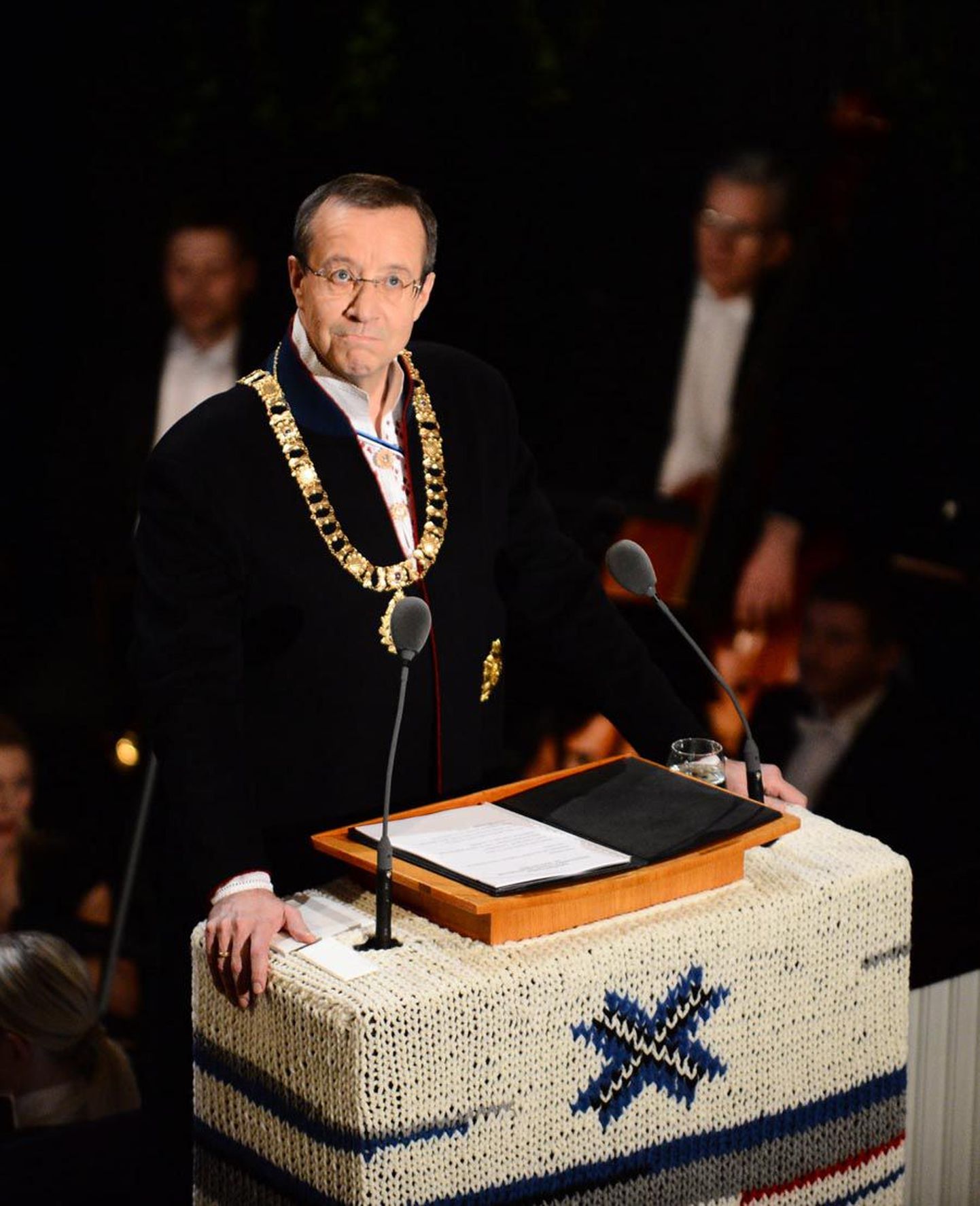When addressing the audience before the presentation of the awards, President Ilves recalled that his ancestors have lived in his farm in Mulgimaa for approximately 290 years and said: "Apart from the bare facts from church records and census information, folk traditions tell us what the people of this area – including my ancestors – were thinking and how they felt. What kind of life they led. This is how folk tradition helps us to attain a better understanding of people living in different times and different periods. Folklore affects us today and will in the future. Like yesterday, those who mend their sledges in summer and wagons in winter or who measure nine or seven times before making the cut remain successful today."
Language is the vessel that is used to convey and preserve the folklore of our nation or any other, complete with all the nuances and treasures it may contain, told the Head of State. According to the President, the layers of the past of Estonia and everything the people have been through are preserved in our mother tongue; our mother tongue is also a part of our folk traditions.
"Folklore is perhaps the most neutral channel for recording our stories, as this is something you cannot change with commands from the top or pressure from the side. Folklore comes from the feelings, emotions and experiences of people," stated President Ilves. "You can't beautify folklore that is collected and an understanding of people and good skills of expression are required in order to collect folklore. Otherwise, you cannot ask, listen and then record. The collection of folklore will later bring together many people and their feelings and emotions."
This is something our good collectors of folklore understand, and they add a variety of colours to Estonian cultural heritage, which then forms a uniform pattern, acknowledged President Ilves.
